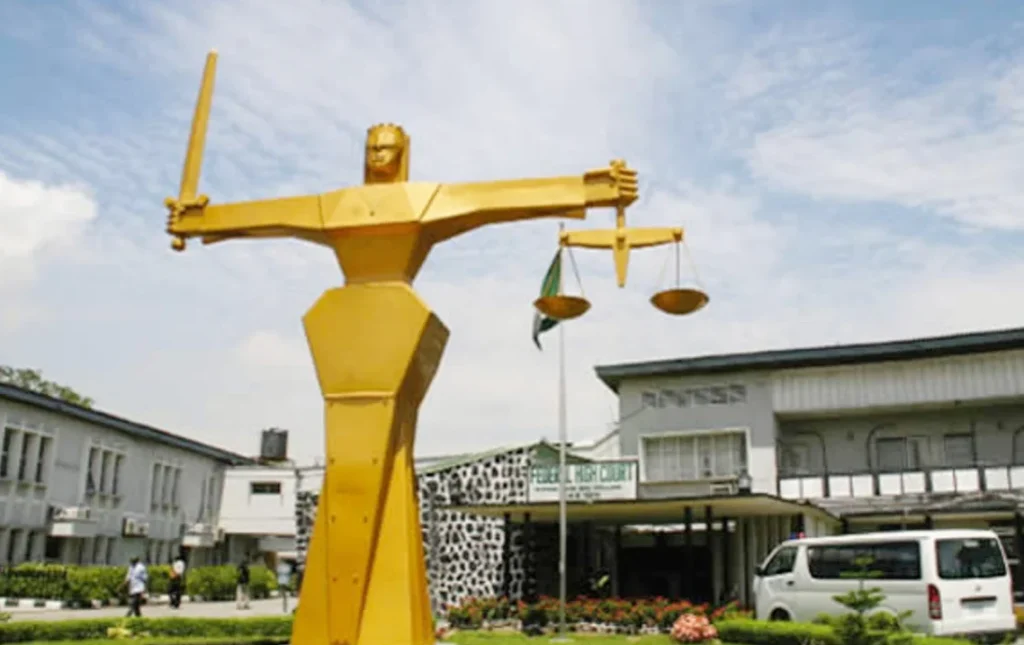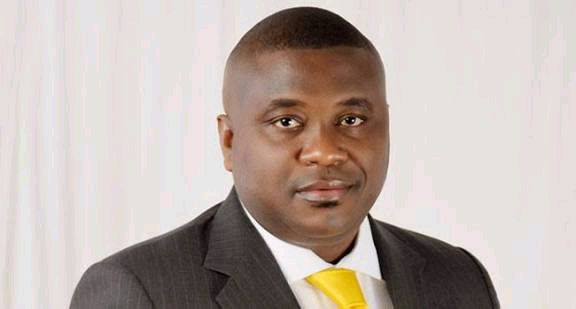Fake Certificates in Nigeria: A Growing Threat to National Integrity

The menace of fake academic and professional certificates is fast becoming a national crisis in Nigeria, threatening the integrity of the country’s educational system, workforce, and governance structures.
In recent years, the proliferation of forged certificates ranging from secondary school results to university degrees has raised serious concerns among regulatory bodies and employers.
Experts warn that if the issue is not urgently addressed, it could erode public trust in the nation’s institutions and diminish the value of genuine qualifications.
Reports indicate that syndicates within and outside Nigeria are increasingly producing and selling counterfeit certificates for profit.
Some of these fake documents bear the names of reputable local and foreign universities, complete with forged seals and signatures.
The National Universities Commission (NUC), the National Youth Service Corps (NYSC), and the Federal Ministry of Education have all had to intensify verification procedures in response.
Recently, several cases of individuals using forged certificates to secure jobs or political positions have surfaced. In one instance, authorities uncovered a network that specialized in issuing fake foreign degrees to unsuspecting Nigerians seeking quick employment opportunities.
Similarly, security agencies have arrested individuals who allegedly supplied counterfeit professional certifications in sectors like engineering, accounting, and nursing.
Educational analysts blame the rising demand for such certificates on unemployment, the pressure to secure high-paying jobs, and the weak enforcement of verification systems.
“When employers do not take certificate verification seriously, it creates room for fraudulent practices to thrive,” said Dr. Femi Adeoye, an education policy expert.
In response, the Federal Government and relevant agencies are working to implement stricter digital verification systems. The Federal Ministry of Education has also reiterated its commitment to partnering with foreign embassies to verify the authenticity of foreign academic credentials.
Stakeholders, however, argue that the problem runs deeper than technology or enforcement. They call for a cultural shift that values competence and skill over paper qualifications. “Until merit and integrity are placed above certificates, fake credentials will continue to find buyers,” Adeoye added.
The issue of fake certificates poses not just an ethical problem but a direct threat to Nigeria’s national development. It undermines the credibility of its workforce, weakens institutions, and paints a grim picture of a system where dishonesty can replace merit.
As the debate continues, there is a growing call for collective action—by the government, educational institutions, employers, and citizens to safeguard Nigeria’s integrity and restore confidence in its educational and professional systems.









